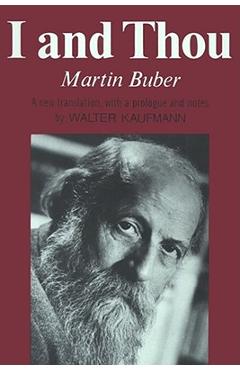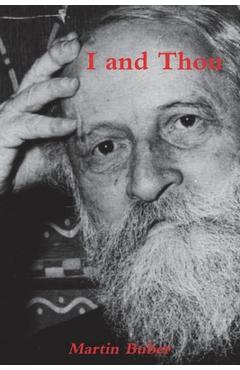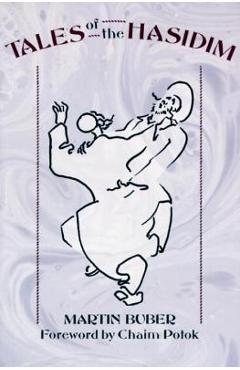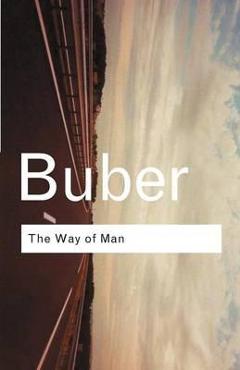The Way of Humanity According to Chasidic Teaching - Martin Buber

Detalii The Way of Humanity According
libris.ro
88.91 Lei
98.79 Lei
Religion
Martin Buber
The Way of Humanity According - Disponibil la libris.ro
Pe YEO găsești The Way of Humanity According de la Martin Buber, în categoria Religion.
Indiferent de nevoile tale, The Way of Humanity According to Chasidic Teaching - Martin Buber din categoria Religion îți poate aduce un echilibru perfect între calitate și preț, cu avantaje practice și moderne.
Preț: 88.91 Lei
Caracteristicile produsului The Way of Humanity According
Comandă The Way of Humanity According Online, Simplu și Rapid
Prin intermediul platformei YEO, poți comanda The Way of Humanity According de la libris.ro rapid și în siguranță. Bucură-te de o experiență de cumpărături online optimizată și descoperă cele mai bune oferte actualizate constant.
Descriere magazin:
Martin Buber (1878-1965) was one of the most influential Jewish thinkers of the twentieth century. A philosopher, seeker, and nurturer of dialogue, he responded to the complexities of his times by affirming the fullness of interpersonal encounter and the spiritual everyday. In 1947, Buber delivered lectures interpreting six traditional Chasidic stories to a German-speaking audience, published as The Way of Humanity . In the first new English translation in over half a century, Rabbi Bernard H. Mehlman, DHL, and Gabriel E. Padawer, ScD, zl , bring the work to contemporary readers in a clear, accessible voice. The teachings within highlight the subversion and innovation of the early Chasidic masters of the eighteenth and nineteenth centuries, while providing meaningful spiritual guidance and insight for any seeker today. Scholarly forewords by Paul Mendes-Flohr, PhD, and Rabbi Joseph A. Skloot, PhD, as well as an introduction, epilogue, and notes from the translators, place Buber\'s work in historical context. Timeless and enlightening, The Way of Humanity guides us to inner meaning and highlights our human wholeness.

Produse asemănătoare
Produse marca Martin Buber

The Way of Humanity According to Chasidic Teaching - Martin Buber
![]() libris.ro
libris.ro
Actualizat in 28/10/2025
88.91 Lei










